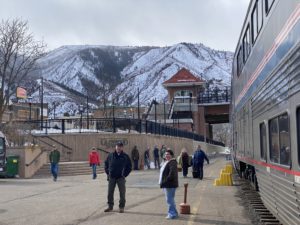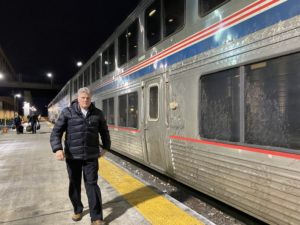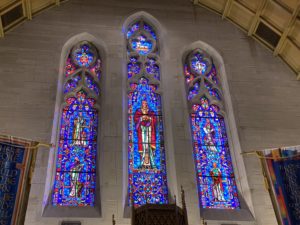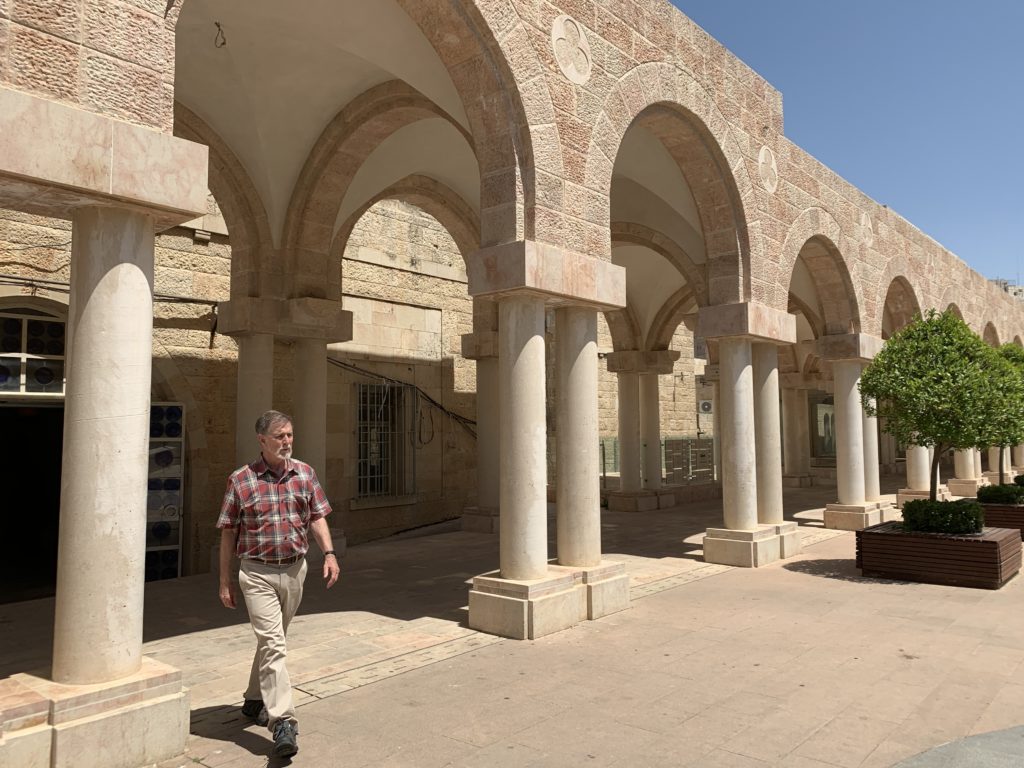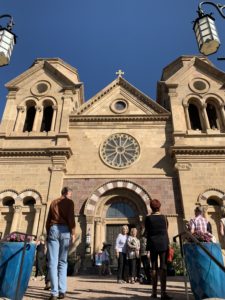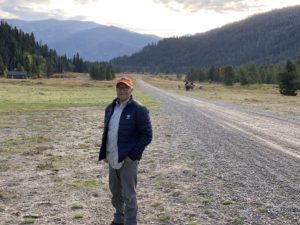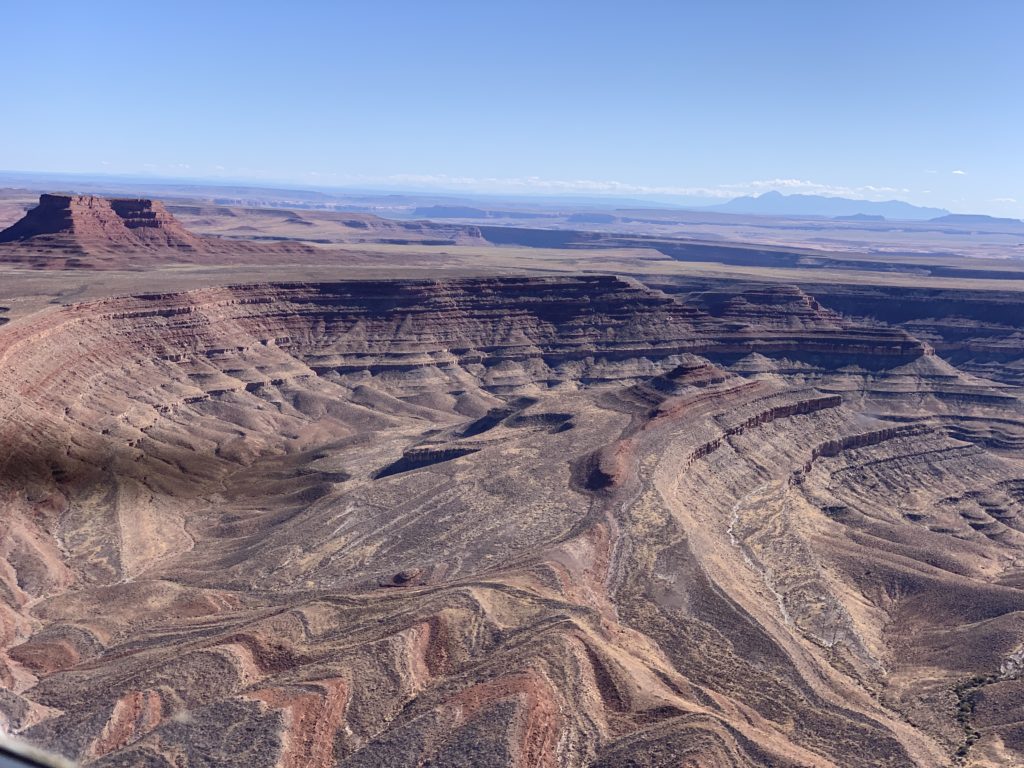
Pandemic of Fear, Star date 5780, I mean March 11, 2020. That’s not really when this scare started, but the real date is obscure or unknown, much like its cause, the coronavirus, and COVID-19.
I picked that date because it is and was the last time the Arkansas Razorbacks men’s basketball team played in the SEC tournament in Nashville, TN in front of fans. By then the announcers assured their millions of viewers that the games would be played going forward in a mostly empty arena for precaution against spreading the coronavirus. The NBA had already, beyond belief, suspended the rest of their season including the 2020 championships. I wonder how much that cost the NBA, advertisers, TV networks, venues, and suppliers? The next day as I and my wife, who is more of a sports fan than me, settled in to watch the South Carolina v.s. Arkansas game, I couldn’t find it? Soon it became clear and known that the SEC suspended or canceled the tournament. The following day the NCAA cancelled March Madness, and the 2020 college championship series!? Our TV has been off since then.

I know it’s only sports. But I also know it’s something these young men have trained for most of their lives experiencing sacrifice, effort, courage, endurance, and skill. Like the Olympics it reminds us of what’s best and most most admirable in humans and the human experience. For this to be ripped away from them, a once in a life time opportunity to show who they are and the team or community they love, is tragic, — if it’s for no compelling reason.

This is March Madness! I’m thinking now. For what? Why? I keep waiting for some valid reason, some evidence of the impending disaster, but none has appeared. Except the obvious, to me anyway — fear, fear of law suits, fear of the unknown.
Fear on an irrational scale. Fear is largely irrational by the way. We may get to that later. But fear on an irrational scale at an irrational rate, made possible by information technology at everyone’s fingertips or in their pockets. As my M.D. cousin said this morning by phone, “The media is feeding oxygen to the flame (of unmerited fear).”
I am a trusting person, largely because of good and faithful parents, a good community of faith growing up, and a trustworthy relationship for many years with the God of the Bible and his son Jesus Christ.

I want to believe there is a reason for all this March madness. I believe there are scientists and wise people who work on such matters, whose main concern is human welfare. I’ll gladly admit I’m wrong if this turns into a real pandemic, and applaud their efforts to prevent it or contain it. I am just saying to date, Pandemic of Fear Day 5, I see much chaos and havoc, and do not see that much evidence for its cause.
In my next blog, I’ll cover my sources, the kind I would suggest to anyone trying to sort real news from fake news. There’s so much out there, so I’ll keep it simple. And, I realize I’m speaking against the storm. But my summary to date is exercise caution, then choose courage not fear, and choose life.
I heard Dr. Ben Carson speak in our city a few years back and he ended his most excellent speech with these words. “American will continue to be the land of the free, as long as she’s the home of the brave.”



